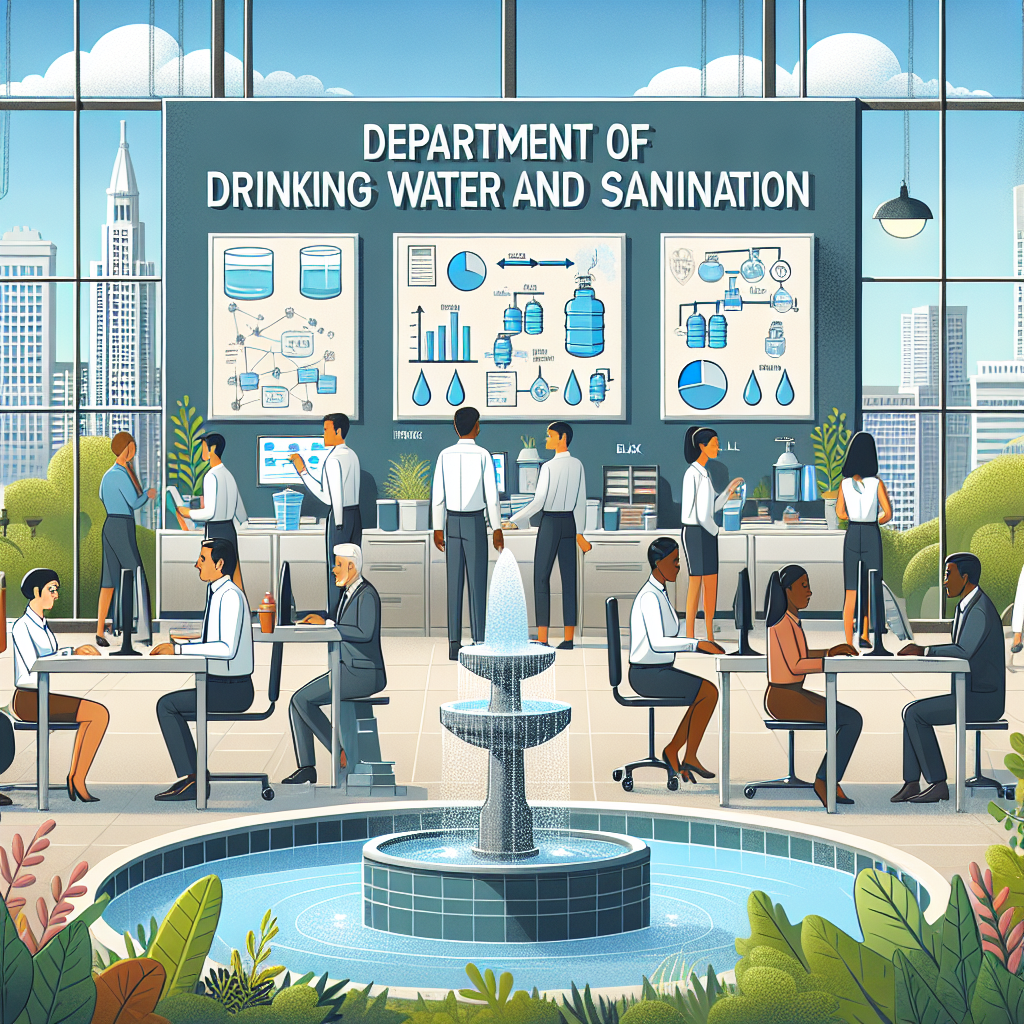Sanitation Crisis in Pacific Islands: Urgent Need for Action
A study by the International Water Centre reveals that nearly half a million people in Pacific Island informal urban settlements face serious health risks due to inadequate sanitation. The lack of proper sanitation infrastructure in countries like Fiji and Vanuatu underscores the need for immediate intervention to prevent disease spread and environmental contamination.

- Country:
- Australia
Researchers from the International Water Centre at Griffith University have uncovered a dire sanitation crisis in the Pacific Islands, particularly in informal urban settlements across Fiji and Vanuatu. Their study, published in NPJ Clean Water, highlights the pressing need for action to address inadequate sanitation affecting nearly half a million locals.
The study examined 393 households in two Pacific capitals, revealing that many residents still rely on unsafe dry pits and cesspits for waste management. Poor sanitary conditions are exacerbated during heavy rains and cyclones, causing waste overflow and contamination of water sources, thereby posing serious public health risks.
Addressing this issue requires a holistic approach to sanitation management, including the development of a complete service chain for waste treatment and disposal. Enhancing local expertise, supporting service providers, and fostering community ownership are critical steps towards long-term sustainability and resilience in informal settlements.
(With inputs from agencies.)










